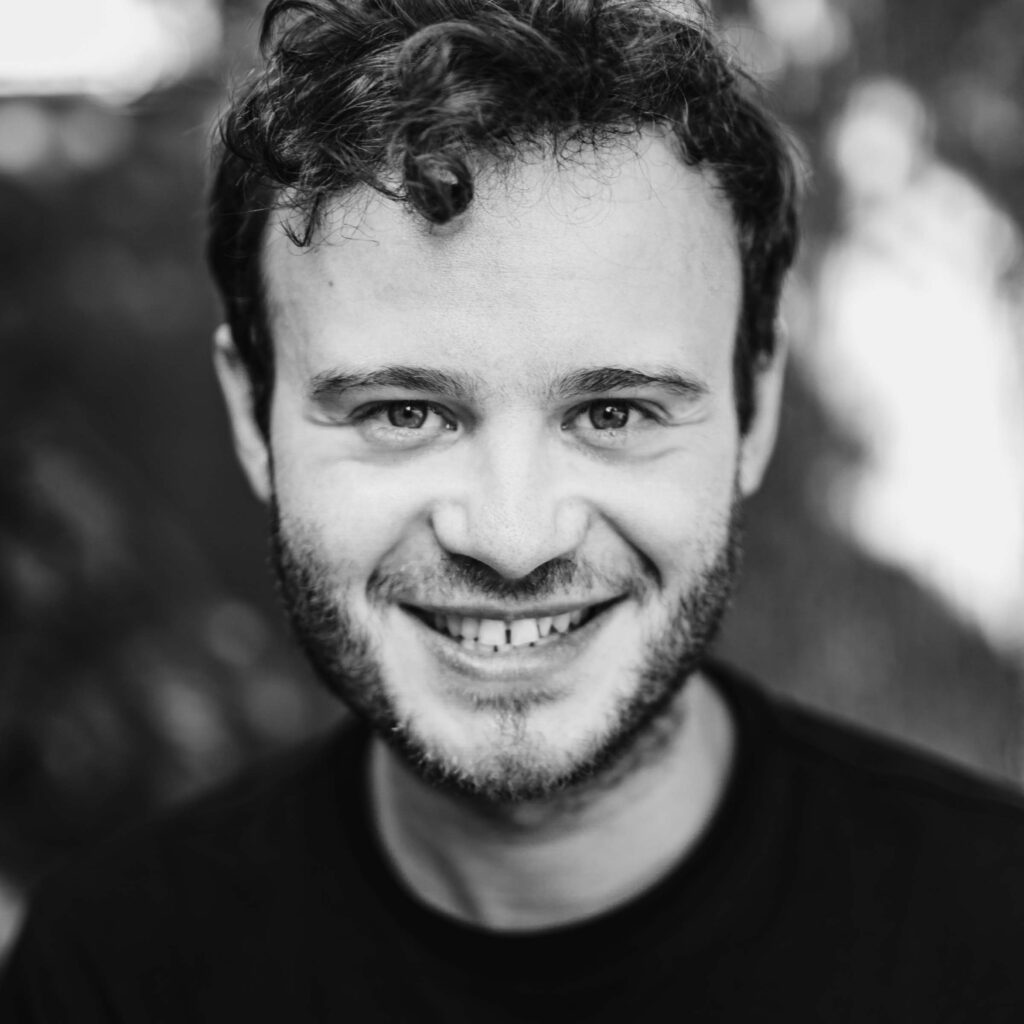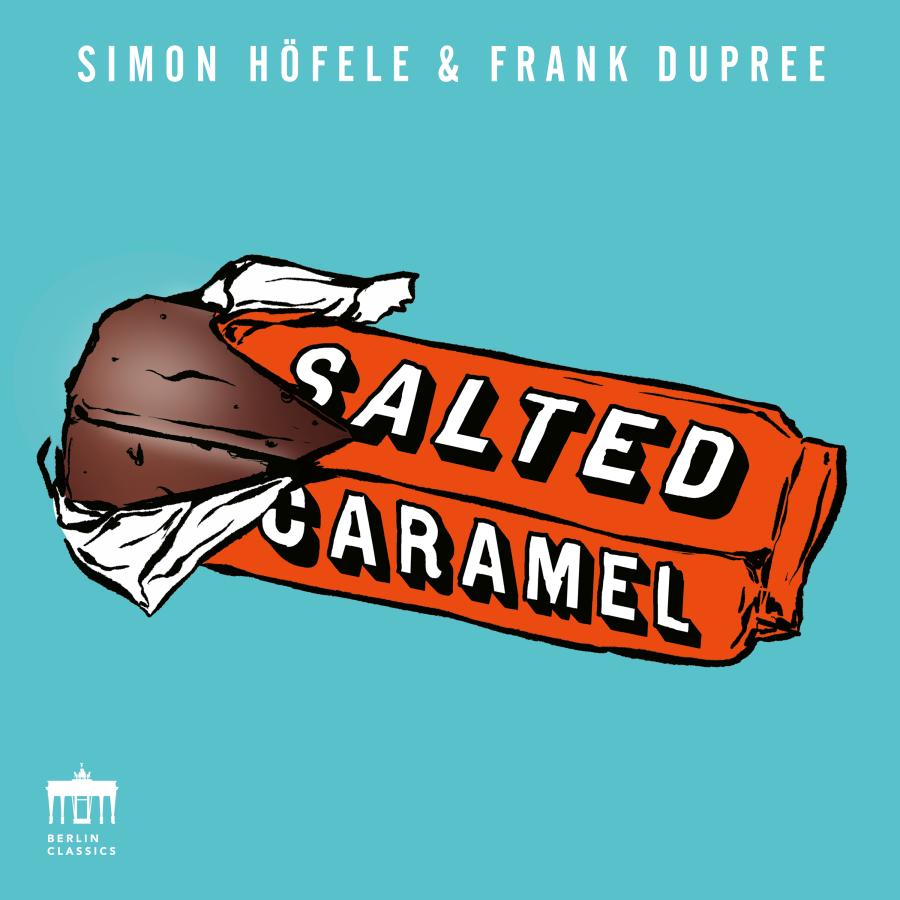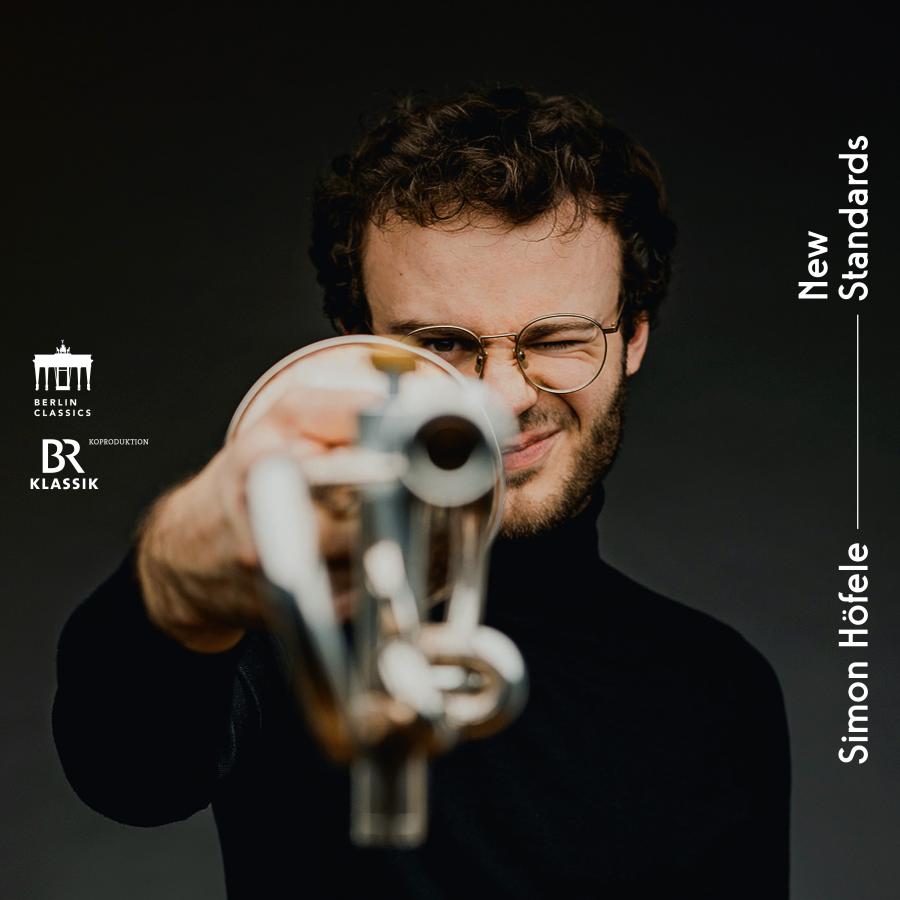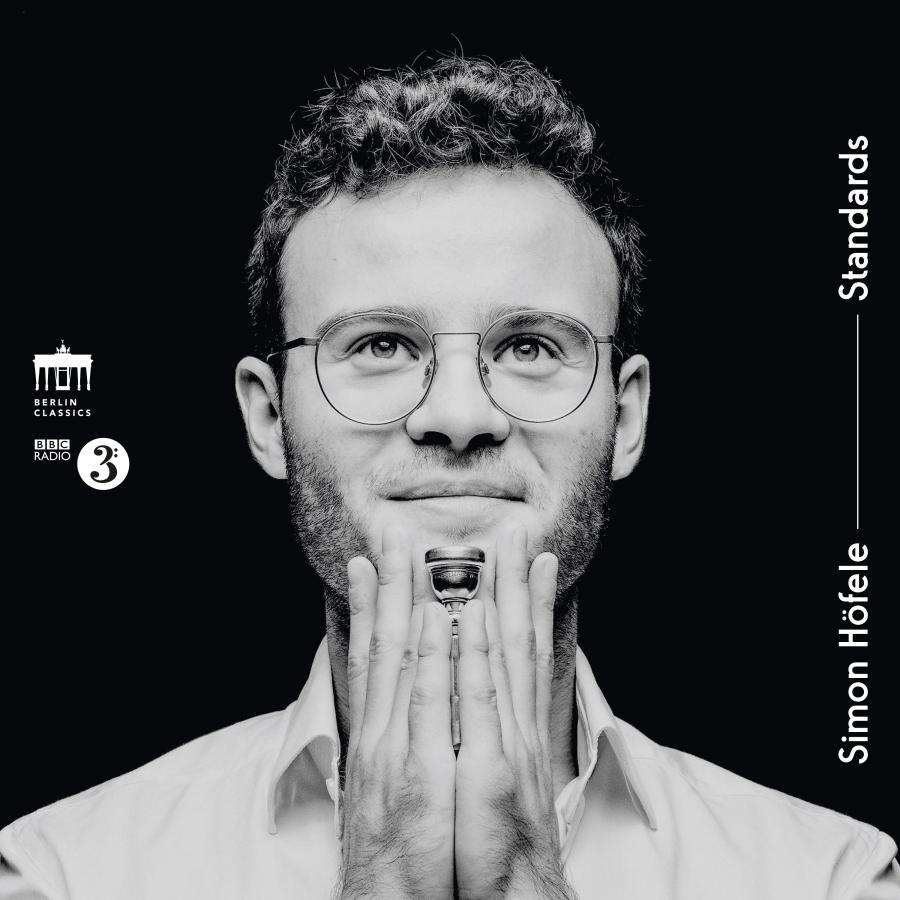Run-of-the-mill repertoire is not his thing. Simon Höfele regularly ventures into spheres that demand a spirit of musical exploration coupled with high-performance virtuosic fitness and an openness for emotional experiences at the limit. This goes particularly for the contemporary music to which this former pupil of Reinhold Friedrich already exclusively devoted his first two studio productions, “Concertino” (2017) and “Mysteries” (2018). These two recordings led the jury of the German Record Critics’ Award to credit him with a “special flair for the contemporary”. And here, there are no routines, nothing to be taken for granted, no casual solutions. An authentic artist is required – one who is fully dedicated to the works and who delves into them to the very limits of what is physically and psychologically possible. And this is what Simon Höfele takes very literally with the combination of three works by Christian Jost, Toshio Hosokawa and Bernd Alois Zimmermann on his new album “Nobody Knows”: “These three works are really important to me. I have played all three before and I was always fascinated by their darkness. This is heavy, almost depressive music in two respects: loaded with gloom, and also not at all easy to play.” But this passionate musician, who now himself teaches at the Royal Birmingham Conservatoire, is ably supported in this challenge by the BBC Symphony Orchestra under Geoffrey Paterson and Ilan Volkov. The around 25-minute-long trumpet concerto “Pietà (In Memoriam Chet Baker)” by Christian Jost (2004) serves as the opening piece on the CD. This work, though independent in itself, also forms the beginning of Jost’s Requiem Trilogy and is the “most intimate part of the cycle”, according to the composer. It is explicitly not a jazz piece, even though “the trumpet is constantly entering jazz territory with Baker-style versatility and elegance. Baker’s painful life story and his individual fate are reflected here in a lyrical adagio.” For Höfele, this work, with its extensive phrases, forms a bridge to the following Hosokawa track: “In ‘Pietà’, there is a great deal to process. At the same time, it is wonderful – I think it has one of the loveliest endings of all. The melody is reminiscent of ‘My Funny Valentine’ [Baker’s signature song] … And yes, there’s no happy ending, because it ends in death.” Toshio Hosokawa’s “Im Nebel” (“In the Fog”), which won the Otaka Award in 2014, was inspired by the Hermann Hesse poem of the same name. For Höfele, “from the very outset it’s almost like a first-person video game: you’re sitting in the midst of fog with a torch, not knowing what will happen next. You don’t know the extent of the fog bank. You ask yourself: where am I, is this going to end some time? You feel incredibly small.” Hosokawa himself describes his three-part work as follows: “In the vast, blind world, the trumpeter walks alone, then sings to the world while keeping to itself the memories of the glorious past and the intense storm. The orchestral instruments draw various soft, curved lines, like those from Eastern writings. The soloist’s trumpet eventually lets itself fade into the world of mist, simultaneously confronting and reconciling with the world.” The third work, which gives its name to this new CD, is Bernd Alois Zimmermann’s “Nobody Knows de Trouble I See”. Höfele considers this piece “the best concerto that we have as trumpeters”. This is partly because of the clear political message it conveys: “The basic idea behind it is to express the suffering of Black Americans; the sorrow, the accusations caused by the enslavement, exploitation and murder of so many people.” In this work, first performed in 1955, the Cologne composer combined three formal aspects in a unique way: alongside the spiritual used as a modern cantus firmus, there are a 12-tone row and elements of jazz. “We do not know how ‘woke’ he was, to use today’s language,” says Höfele, “but he didn’t just encapsulate the mood of that era: his music reaches into the realms of the present day.” On his new CD, Simon Höfele gives (a trumpet) voice to a musical cosmos of tragedy, disorientation and lamentation with a direct relevance for our times. It is well worth taking the dive!
Nobody Knows Simon Höfele & BBC Symphony Orchestra
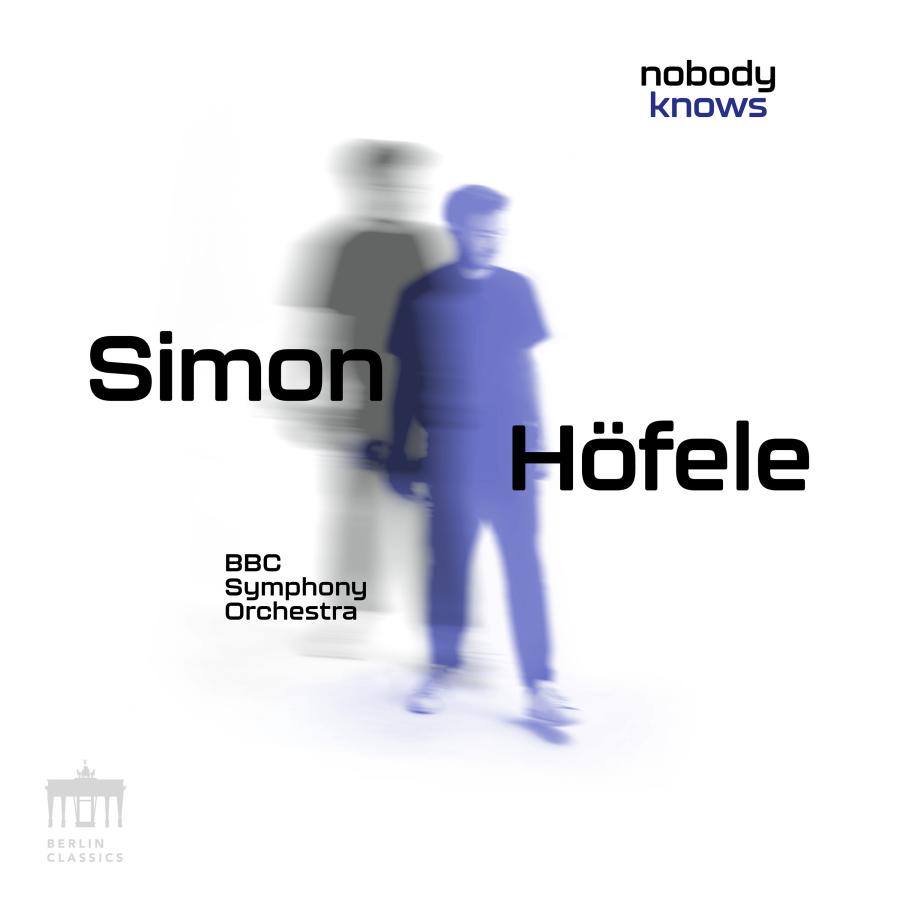
Composer



Further information
Genre
Klassik
Trompete
Publication date
05.05.2023
Run-of-the-mill repertoire is not his thing. Simon Höfele regularly ventures into spheres that demand a spirit of musical exploration coupled with high-performance virtuosic fitness and an openness for emotional experiences at the limit. This goes particularly for the contemporary music to which this former pupil of Reinhold Friedrich already exclusively devoted his first two studio productions, "Concertino" (2017) and "Mysteries" (2018). These two recordings led the jury of the German Record Critics' Award to credit him with a "special flair for the contemporary". And here, there are no routines, nothing to be taken for granted, no casual solutions. An authentic artist is required – one who is fully dedicated to the works and who delves into them to the very limits of what is physically and psychologically possible. And this is what Simon Höfele takes very literally with the combination of three works by Christian Jost, Toshio Hosokawa and Bernd Alois Zimmermann on his new album "Nobody Knows": "These three works are really important to me. I have played all three before and I was always fascinated by their darkness. This is heavy, almost depressive music in two respects: loaded with gloom, and also not at all easy to play." But this passionate musician, who now himself teaches at the Royal Birmingham Conservatoire, is ably supported in this challenge by the BBC Symphony Orchestra under Geoffrey Paterson and Ilan Volkov. The around 25-minute-long trumpet concerto "Pietà (In Memoriam Chet Baker)" by Christian Jost (2004) serves as the opening piece on the CD. This work, though independent in itself, also forms the beginning of Jost's Requiem Trilogy and is the "most intimate part of the cycle", according to the composer. It is explicitly not a jazz piece, even though "the trumpet is constantly entering jazz territory with Baker-style versatility and elegance. Baker's painful life story and his individual fate are reflected here in a lyrical adagio." For Höfele, this work, with its extensive phrases, forms a bridge to the following Hosokawa track: "In 'Pietà', there is a great deal to process. At the same time, it is wonderful – I think it has one of the loveliest endings of all. The melody is reminiscent of 'My Funny Valentine' [Baker's signature song] ... And yes, there’s no happy ending, because it ends in death." Toshio Hosokawa's "Im Nebel" ("In the Fog"), which won the Otaka Award in 2014, was inspired by the Hermann Hesse poem of the same name. For Höfele, "from the very outset it’s almost like a first-person video game: you’re sitting in the midst of fog with a torch, not knowing what will happen next. You don’t know the extent of the fog bank. You ask yourself: where am I, is this going to end some time? You feel incredibly small." Hosokawa himself describes his three-part work as follows: "In the vast, blind world, the trumpeter walks alone, then sings to the world while keeping to itself the memories of the glorious past and the intense storm. The orchestral instruments draw various soft, curved lines, like those from Eastern writings. The soloist’s trumpet eventually lets itself fade into the world of mist, simultaneously confronting and reconciling with the world." The third work, which gives its name to this new CD, is Bernd Alois Zimmermann's "Nobody Knows de Trouble I See". Höfele considers this piece "the best concerto that we have as trumpeters". This is partly because of the clear political message it conveys: "The basic idea behind it is to express the suffering of Black Americans; the sorrow, the accusations caused by the enslavement, exploitation and murder of so many people." In this work, first performed in 1955, the Cologne composer combined three formal aspects in a unique way: alongside the spiritual used as a modern cantus firmus, there are a 12-tone row and elements of jazz. "We do not know how 'woke' he was, to use today’s language," says Höfele, "but he didn't just encapsulate the mood of that era: his music reaches into the realms of the present day." On his new CD, Simon Höfele gives (a trumpet) voice to a musical cosmos of tragedy, disorientation and lamentation with a direct relevance for our times. It is well worth taking the dive!
Tracklist - These are the tracks you will hear on the album
Nobody Knows
Simon Höfele & BBC Symphony Orchestra
1
Part 1
2
Part 2
3
Part 3
4
Part 4
5
Part 1
6
Part 2
7
Part 3
8
Part 1
9
Part 2
10
Part 3



